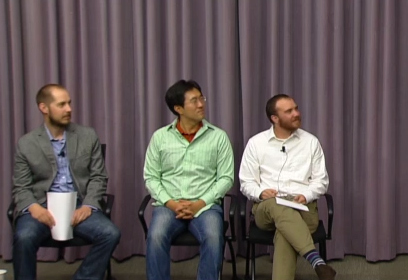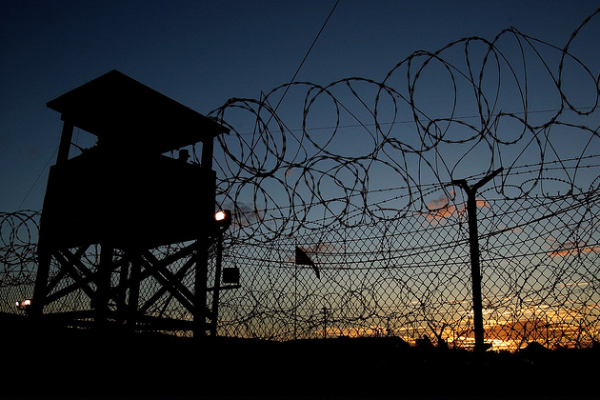Ethics are important. The economic divide between the developed and developing world highlights the ethical dimensions of energy access in a climate-constrained world. Is it fair to hinder economic growth in developing countries because the wealthiest nations have changed the composition of the atmosphere and changed the climate of the planet? To what extent do the developed nations bear responsibility for not only remedying the problem, but also for compensating those people who are now suffering because of climate climate, or who could face tight emissions restrictions? As the economic balance of the world changes, what role should rapidly developing nations share in the responsibility to address these issues?
Here, we examine these issues through the lens of one country, Pakistan, which is struggling with a severe energy crisis that is holding back economic development and exacerbating political instability. Ethicists, economists, and others have developed a set of useful tools for deciding what to do when economic, environmental, and social values conflict. We will explain how some of these tools–including cost benefit analysis, the precautionary principle, and principles of justice–can help us evaluate aspects of the recent energy crisis in Pakistan, in which many competing values are at play. After months of rolling blackouts and documented impacts to economic growth, the Pakistani government decided to meet the current needs of their citizens by investing in coal and other fossil fuel technologies, rather than alternative sources of energy that many would argue are superior from the perspective of long-run sustainability. We use this example to illustrate how different general ethical theories use the tools we discuss to recommend different courses of action. One upshot is that ethics has many sophisticated tools but also involves many important unresolved questions–about how to make tradeoffs between different values, how to respond to risk and uncertainty, and so on. Another upshot is that ethics alone cannot settle what should be done in such complex situations–collaboration is also needed with those who have technical, political, and economic expertise. However, ethics can help clarify our reasoning, make our assumptions about values more explicit, and expose our values to critical scrutiny. In sum, we demonstrate the valuable role ethics can play when making decisions in the face of social and environmental challenges.
This panel, composed of members of Stanford's McCoy Family Center for Ethics in Society, appeared as part of Stanford's Energy Seminar series sponsored by the Precourt Institute for Energy and Stanford Woods Institute for the Environment.








